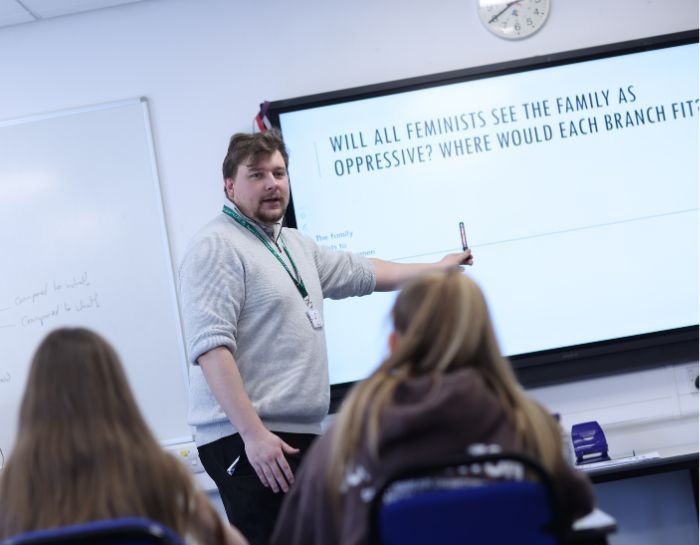
Did You Know?
Martin Luther King, Jr. earned his first degree in Sociology before pursuing the study of Theology, becoming a civil rights leader and activist, and receiving the Nobel Peace Prize.
Key Information
Qualification
A-Level
Duration
Two Year Course
Examination Board
AQA
"Sociology has opened my eyes to the world around me, revealing unseen concepts in society. It's thought-provoking, insightful, and has given me knowledge I wouldn't have gained elsewhere - truly invaluable." - Haaris Ashraf, Carr Manor Community School
| Key Employability Skills | ||
| Emotional Intelligence | Critical Analysis | Reasoning |
Qualification
A-level
Assessment
100% Exam
Paper 1: Education with Theory and Methods
2 hour written exam - 80 marks, 33.3%
Questions
- Education: short answer and extended writing, 50 marks
- Methods in Context: extended writing, 20 marks
- Theory and Methods: extended writing, 10 marks
Paper 2: Topics in Sociology
2 hour written exam - 80 marks, 33.3%
Questions
- Section A: extended writing, 40 marks
- Section B: extended writing, 40 marks
Paper 3: Crime and Deviance with Theory and Methods
2 hour written exam - 80 marks, 33.3%
Questions
- Crime and Deviance: short answer and extended writing, 50 marks
- Theory and Methods: extended writing, 30 marks
What do I need to study this course?
You will need a grade 5 or above in GCSE English Language.
What will I study?
Sociology is an exciting subject which helps you to answer questions like: Why do we have to go to school? Why do we live in families? What are the benefits of religion? Why do some people commit crime? Sociology will make you question things you may have taken for granted. Sociology helps you develop analytical, critical ways of thinking, beneficial across many subjects. You will develop your essay writing and verbal communication skills. You need an open mind and to be keen to see things from different viewpoints. An interest in the world we live in is vital, as is an interest in people, their actions and interactions.
What next?
Sociology provides excellent skills for most university degrees especially the Social Sciences, Anthropology, and Criminology. Students may follow careers in:
- Social Work
- Law
- Journalism
- Caring professions
- Policing
- The Civil Service
- Advertising
- Market Research
- Teaching
- Business

 Website By Rejuvenate Digital
Website By Rejuvenate Digital